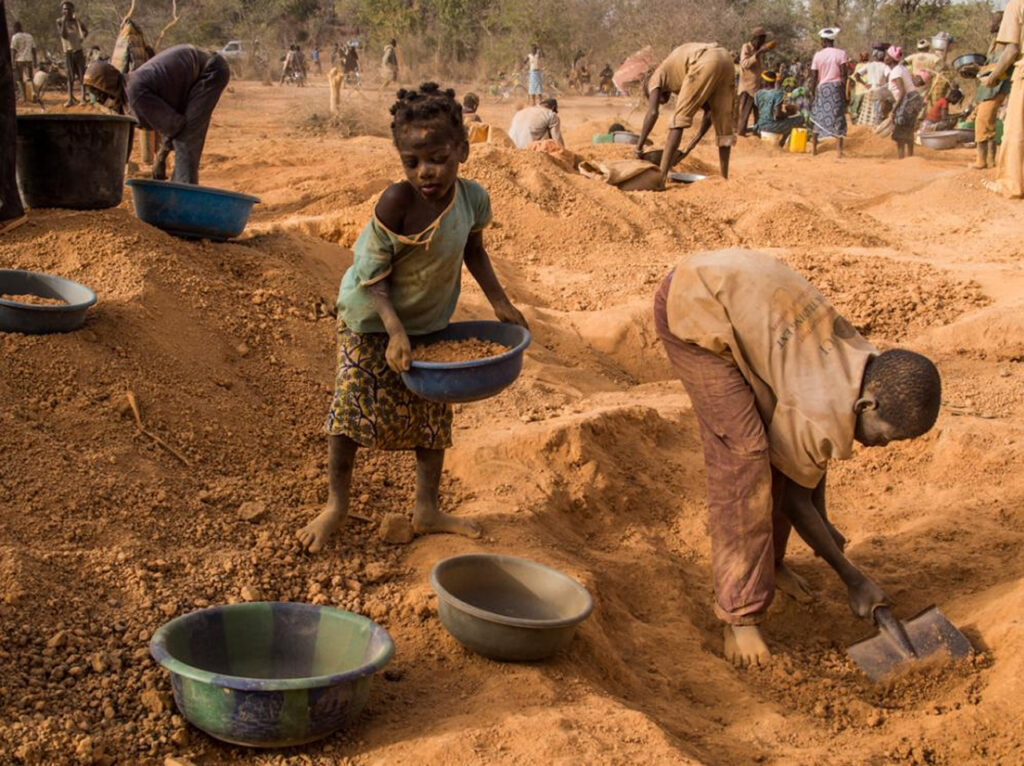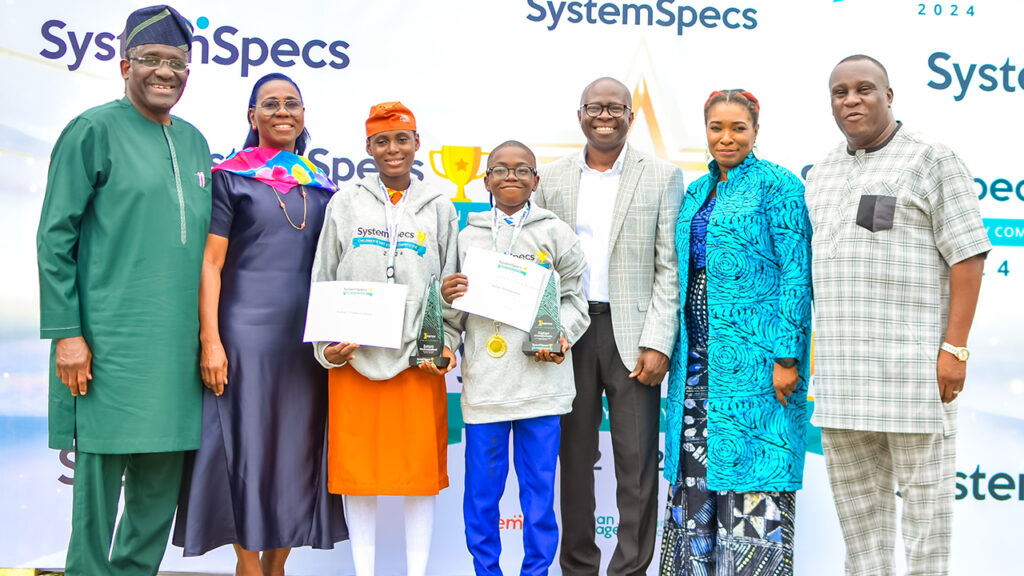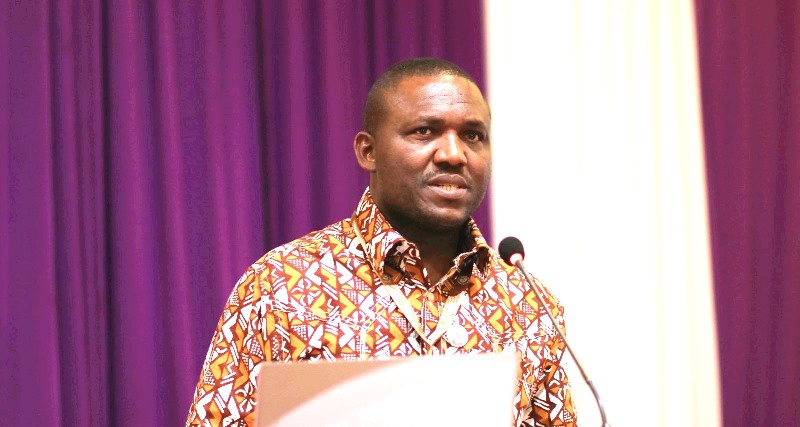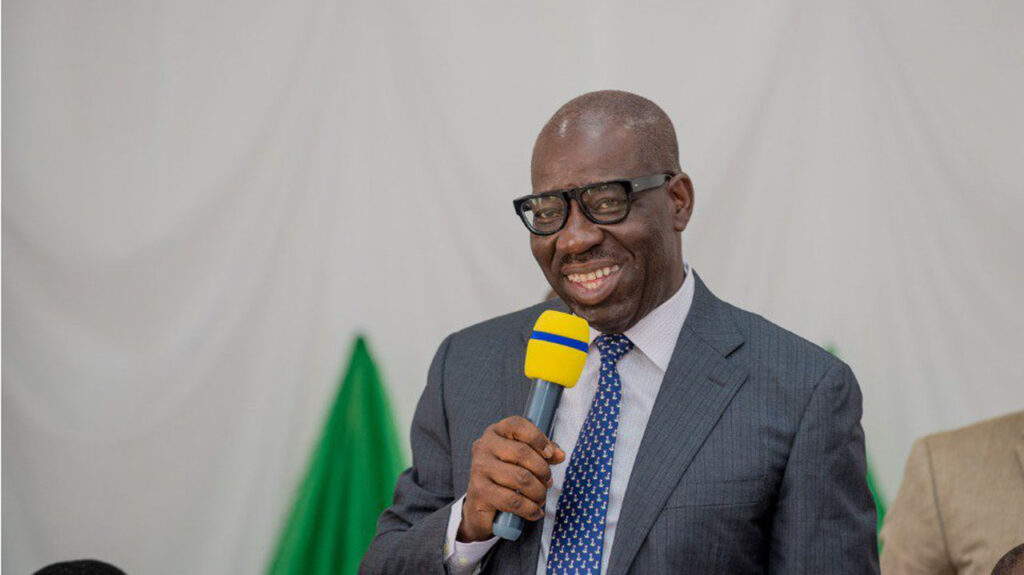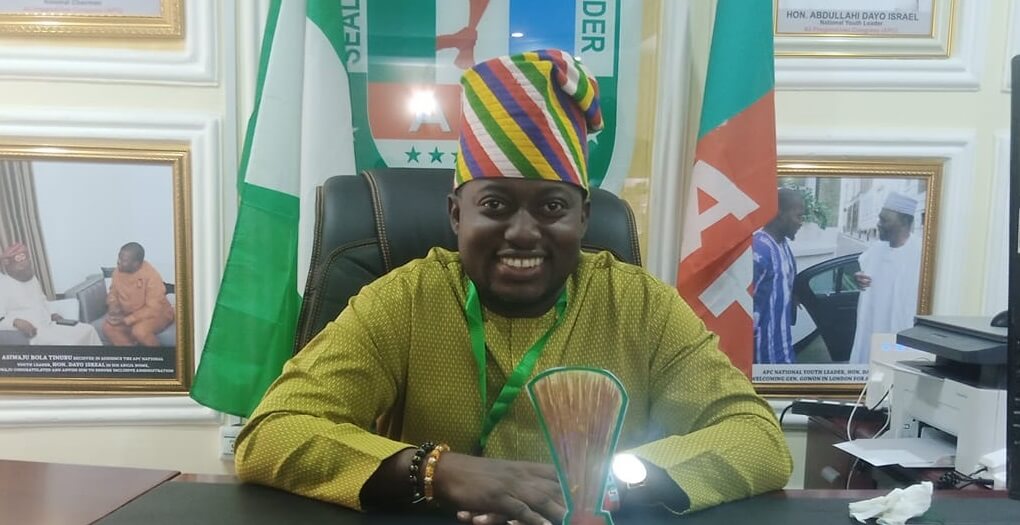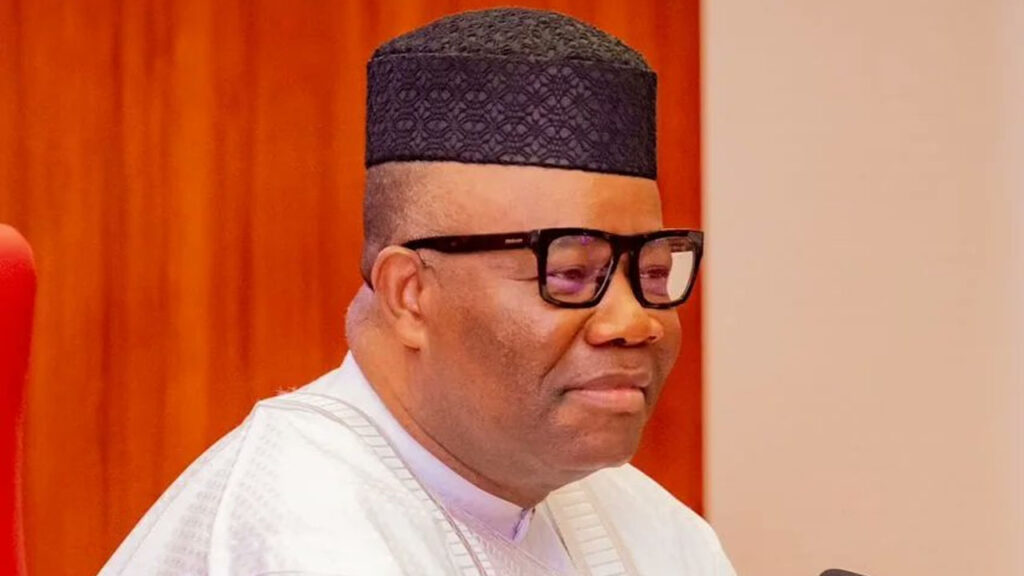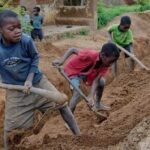
The need for accelerated action towards supporting subnational governments in understanding the child labour indicators to eliminate the menace in Nigeria has been emphasised.
This was prompted by the resolution to ensure the elimination of child labour in response to the African social protection strategy by the International Labour Organisation (ILO).
To achieve this, a three-day training was held on child labour and social protection statistics, under the Global Accelerator Lab (GALAB) project, tagged, ‘Intensify Action Against Child Labour and Forced Labour’, in Ondo State.
The National Project Coordinator of GALAB, Danjuma Emmanuel, said the aim was to achieve the goal of eliminating child labour by 2030.
He said the predictions based on trends forecast a mere 22 per cent reduction in child labour over the next six years.
According to him, child labour remains a persistent problem in the world today.
He noted global statistics that indicated that 160 million children, comprising 63 million girls and 97 million boys were in child labour globally at the beginning of 2020.
He said this accounted for almost one in 10 of all children globally, stating that 79 million children, nearly half of all those in child labour, were in hazardous work that directly endangers their health, safety and moral development.
“Global progress against child labour has stagnated since 2016. The percentage of children in child labour remained unchanged over the four years while the absolute number of children in child labour increased by over eight million. Similarly, the percentage of children in hazardous work was almost unchanged but rose in absolute terms by 6.5 million children.
“The global picture masks continued progress against child labour in Asia and the Pacific, and Latin America and the Caribbean. In both regions, child labour trended downward over the last four years in percentage and absolute terms. Similar progress in sub-Saharan Africa has proven elusive. This region has seen an increase in both the number and percentage of children in child labour since 2012.
“There are now more children in child labour in sub-Saharan Africa than in the rest of the world combined. Nigeria faces a greater burden as the most populated country in this region. ILO and UNICEF provide evidence of policy implications that promote social protection like access to healthcare and income security, as well as policies that promote decent work and gender equality in reduction of child labour,” he said.
He maintained that the reality in Nigeria has shown that only 11 per cent of the population is covered by social protection while only five per cent are affiliated with health insurance, the lowest, he noted, in sub-Saharan Africa.
To ensure the extension of coverage to 40 per cent by 2025 and to ensure the elimination of child labour in response to the African social protection strategy, Emmanuel said there is a need for accelerated action toward supporting the subnational government in understanding child labour indicators and data sources through household surveys.
According to him, statistics at this micro level will provide a shared understanding of policy development and social development intervention targeting the households at risk of child labour for targeted programme intervention.
Although different states collect data for the poor and vulnerable in the social registry, he said there is no data element for child labour and no evidence of the item in the state survey by the state’s Bureau of Statistics.
“It is therefore critical to ensure an increased capacity to ensure inclusion of these data elements for the target of those individuals and households at risk of child labour. Against this background, the GALAB project is facilitating innovation actions at the subnational level towards meeting the 2030 sustainable development goals, target 8.7 which is to take immediate and effective measures to eliminate child labour and forced labour,” he said.
The Ondo State Controller, Federal Ministry of Labour and Employment, Olanike Mogboruko, called on stakeholders to increase efforts towards child-specific protection measures by reducing family poverty risks and vulnerability, supporting livelihoods and social enrollment, among other things.

